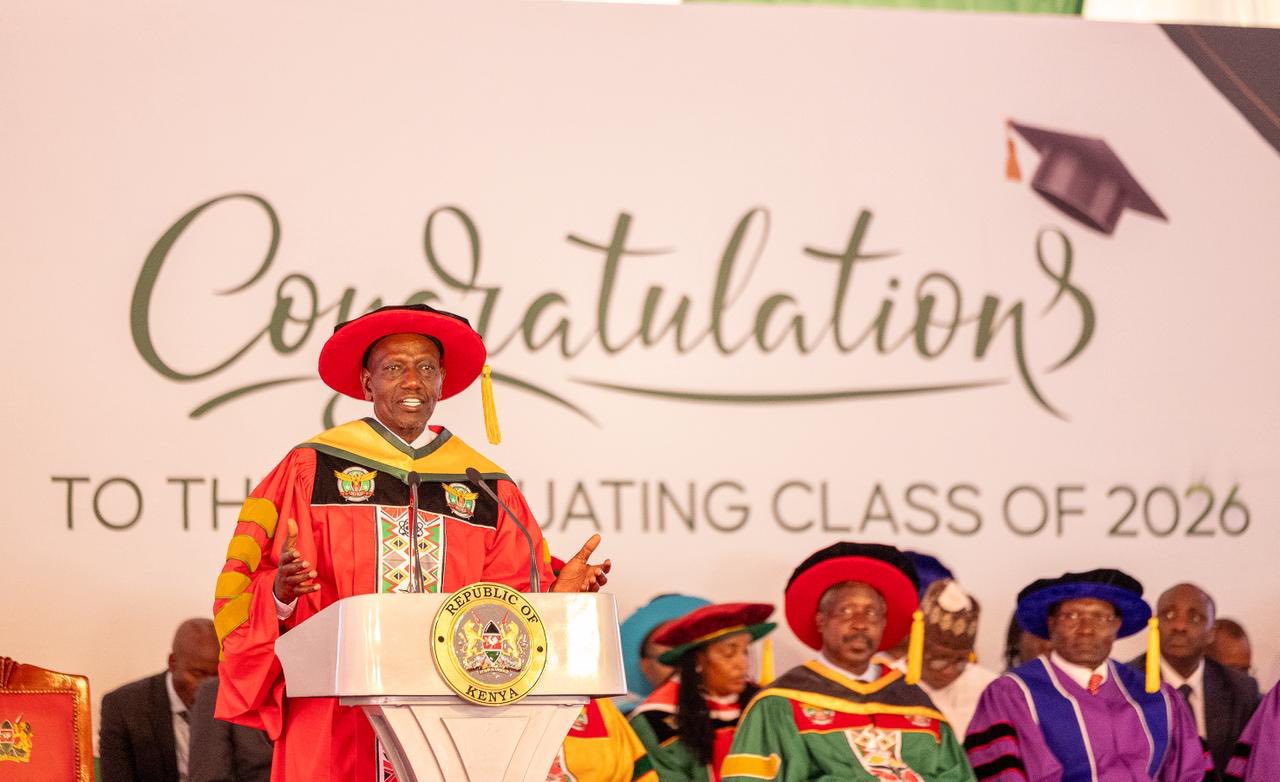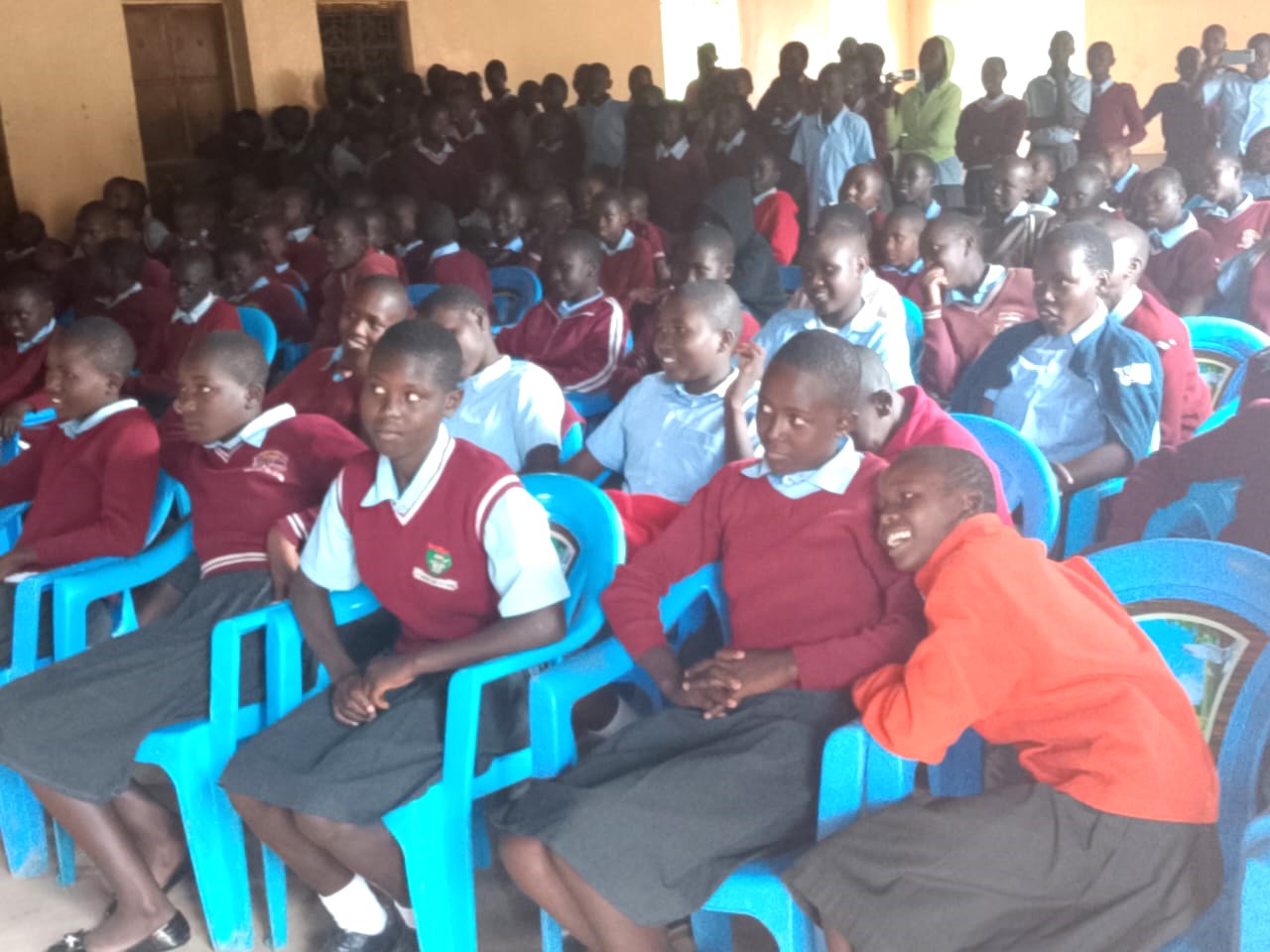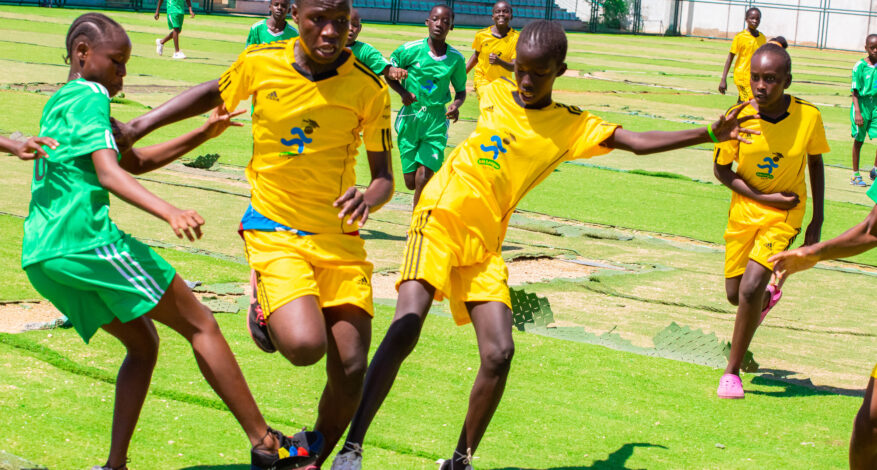By Victor Ochieng’
vochieng.90@gmail.com
Secondary schools that register peak performance in KCSE exams know that data does not lie. Their staff sits and analyses data which informs the critical academic decisions made by the powers that be in the institution.
In the book titled Masterclass Blueprint, Paul Wanyonyi recommends that the academic teams should be mandated to collect the data in the candidate class and that the data should be analysed in order to ascertain the academic standing of the class.
The data can also be used to rate the success of the academic programmes employed, to inform the new instructional approaches, help the team to identify the glaring weaknesses of students so that the yawning gaps can be filled.
These are some of the data schools should analyse to inform their decision-making patterns.
- Syllabus Coverage
Generally, the top guns and quality assurance in schools should never forget that people do what is inspected and not what is expected. It is as a result of this that there is always strict supervision and surveillance on what happens in schools.
Decisions can be made based on the following areas: lesson-attendance book, students notes, exam performance, evaluation level and remedial requests.
- Exam Data
Exams should not be done just for formality purposes. Exams should be marked and analysed in an in-depth manner.
The analytical team should focus on: class and subject means, deviations from previous exams, strengths and weaknesses of candidates, gaps identified, demonstration of skills tested and grade distribution in terms of the head, body and bottom.
- Moral and Motivation
Serious school heads monitor levels of moral and motivation in students and teachers. This is because levels of moral and motivation are like fuel in the teaching and learning process. It is therefore imperative that the school arrowheads gauge the willingness of students and teachers to go the extra mile. Observation of the body language is of essence. It is important to respond to grievances raised in meetings, assemblies and suggestion boxes.
- KNEC Reports
Every year, Kenya National Examination Council (KNEC) churns out reports per subject to inform schools pertaining the best practices of preparing the subsequent candidate class for KCSE.
This implies that subject teachers should read the reports and implement the recommendations raised since it is important to focus on reasons that caused poor performance the previous year and come up with possible solutions.
- Review Meetings
Periodic review meetings should be encouraged since it informs decision making to a great extent.
It is right to review the programmes implementation levels and to check the need for instructional changes and satisfaction levels.
The writer is an editor, orator and author.






